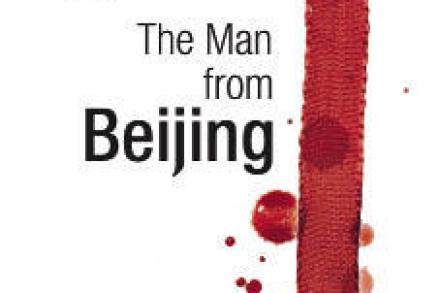Blair: the sex scenes
Not just a Prime Minister, not just a global statesman, in A Journey Tony Blair also demonstrates he knows how to treat a girl: CHERIE: “I DEVOURED HER LOVE” “…that night she cradled me in her arms and soothed me; told me what I needed to be told; strengthened me; made me feel that I was about to do was right … On that night of the 12th May, 1994, I needed that love Cherie gave me, selfishly. I devoured it to give me strength. I was an animal following my instinct, knowing I would need every ounce of emotional power to cope with what lay ahead. I was exhilarated,

















